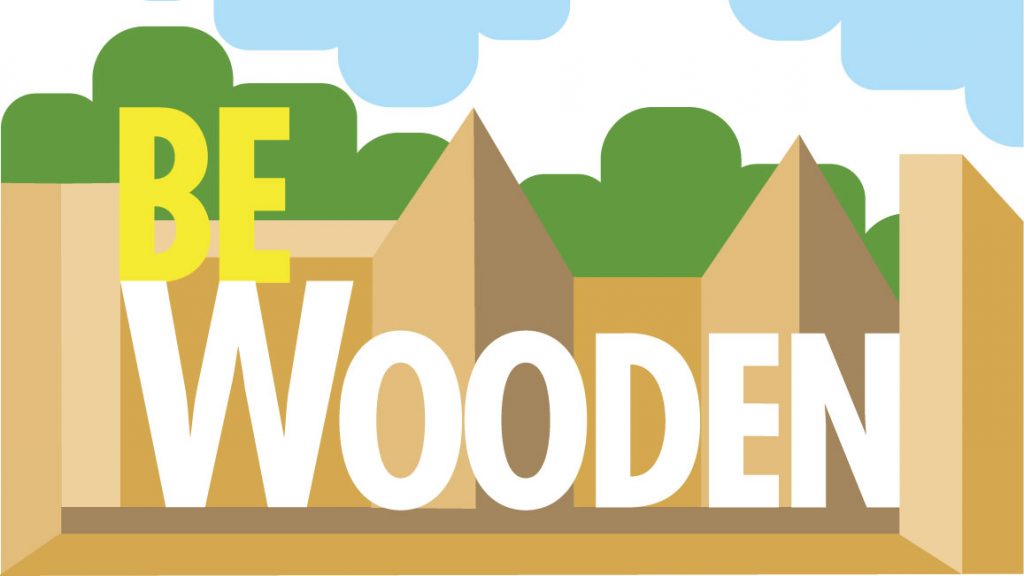
February 25, 2026

In the past few years, Living Lab became a commonly used word. We usually hear it together with the words innovation, research, institute, user-friendly and co-creation.
The European Network of Living Labs defines them as “user-centred, open innovation ecosystems based on systematic user co-creation approach, integrating research and innovation processes in real life communities and settings.”
Formed in 2015, Living Laboratory InnoRenew (LL InnoRenew) is a cornerstone of the InnoRenew CoE. When the research institute launched in 2017, LL InnoRenew became part of the organizational structure and continued as a public-private-people partnership offering different activities and services to its members.
Currently, LL InnoRenew has a robust membership that brings together industry, academia, government and users to collaborate and innovate in the field of renewable materials and healthy environments.
In the article Living Labs for Rural Areas: Contextualization of Living Lab Frameworks, Concepts and Practices, published in the peer-reviewed open access journal Sustainability, authors Veronika Zavratnik, Argene Superina and Emilija Stojmenova Duh explain “the value of the Living Lab concept for creating environments that enable equal opportunities for people living in rural and urban areas, and for making rural areas attractive places to live.” They also highlight LL InnoRenew as “a promising example of a Slovenian Living Lab with international outreach.”
As the authors note in their piece, LL InnoRenew currently has more than 100 members from 25 countries, including almost 60 SMEs, more than 45 research organizations and education institutions, six regional development agencies, the Municipality of Izola, ministries, business and research associations, technology platforms, technology clusters and a number of interested individuals.